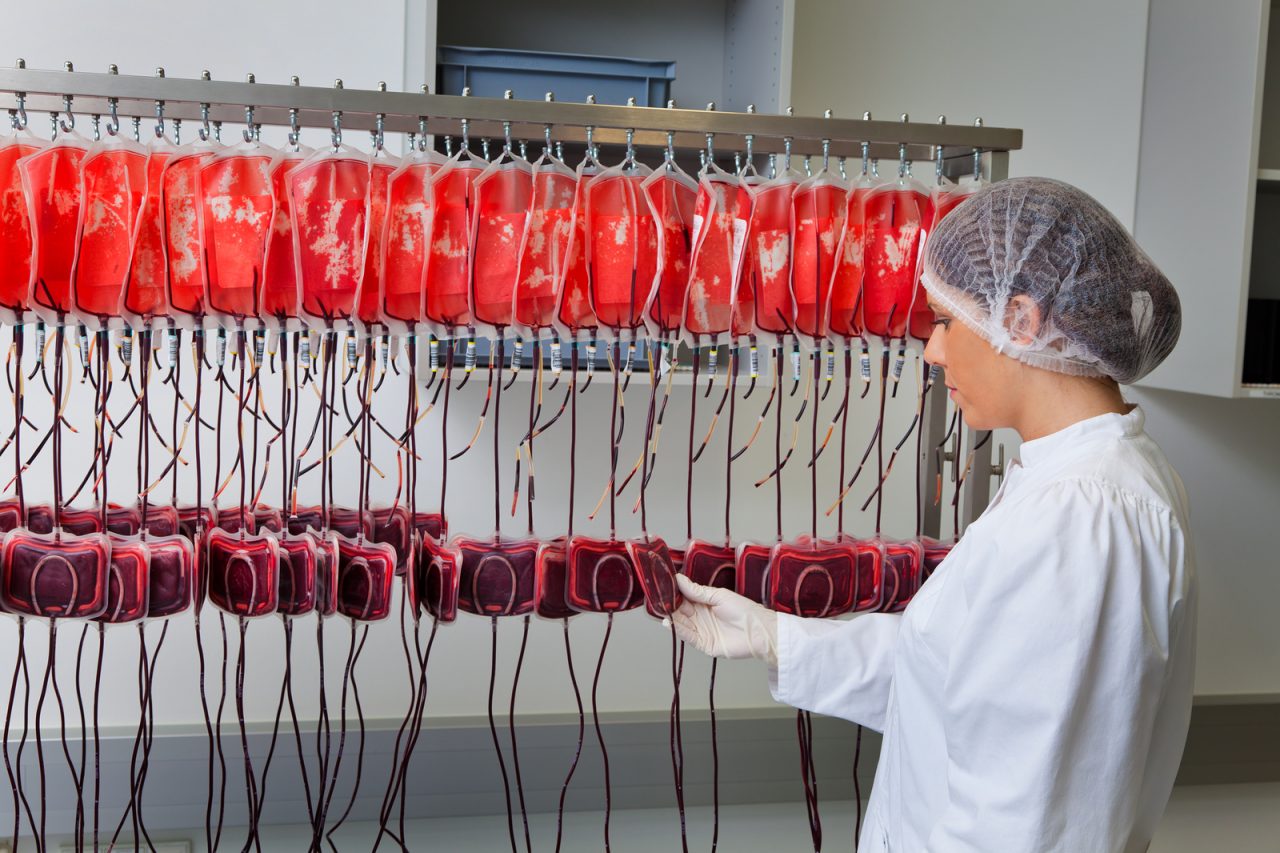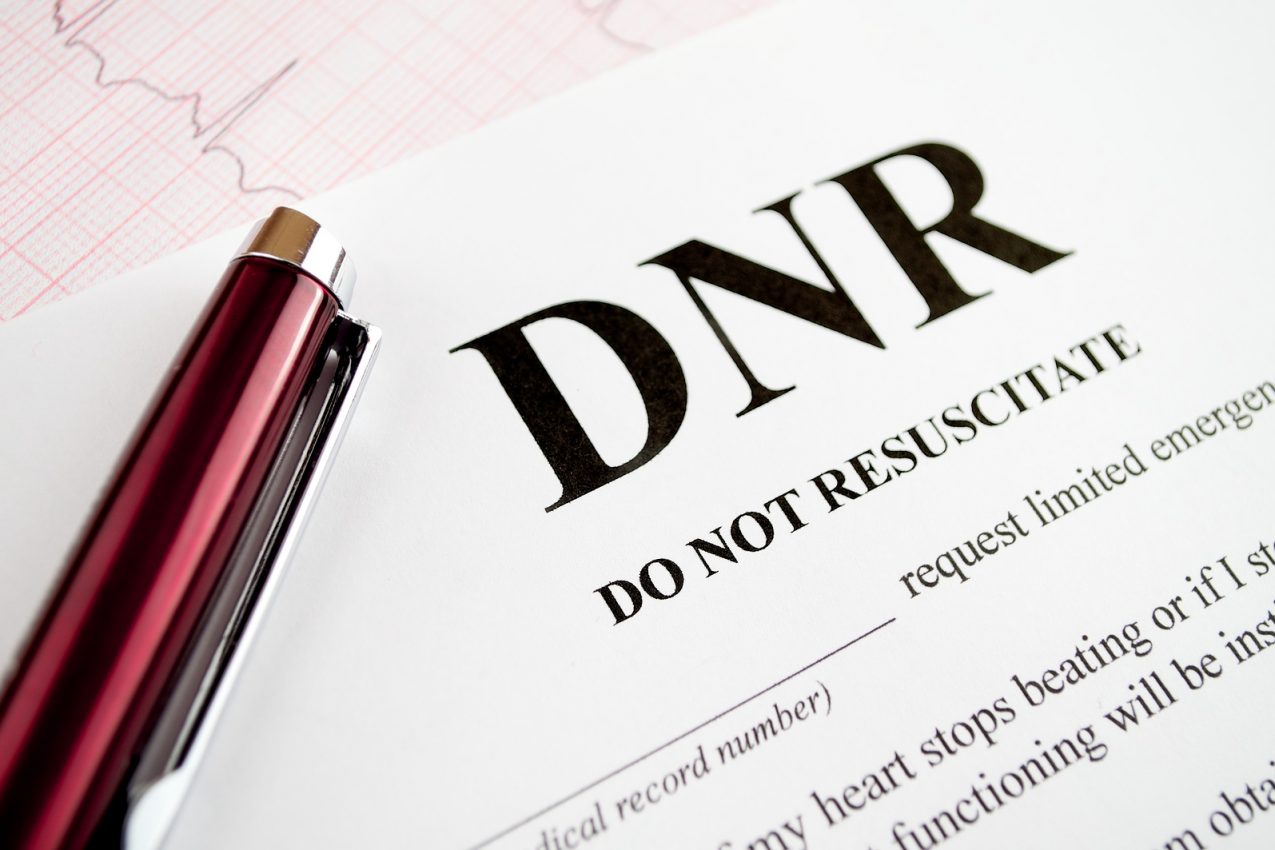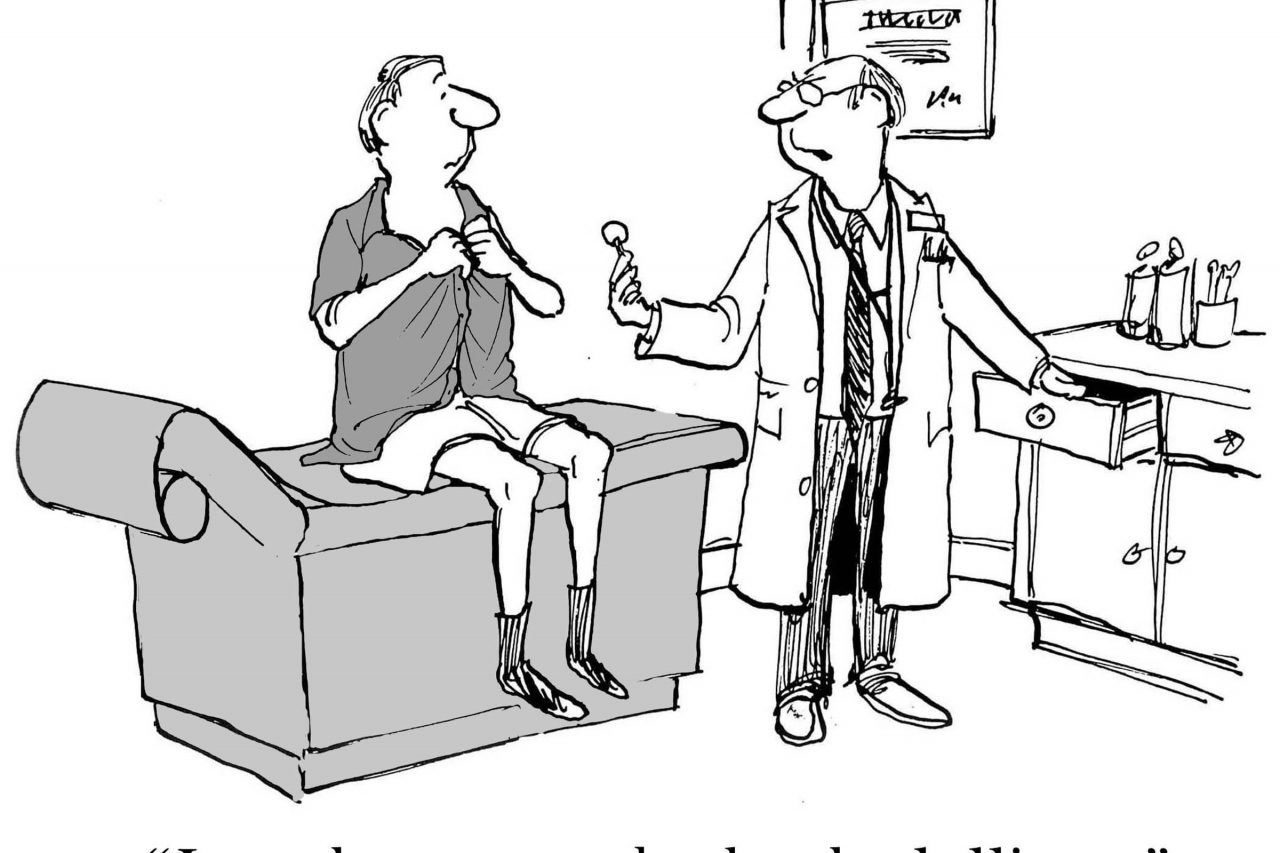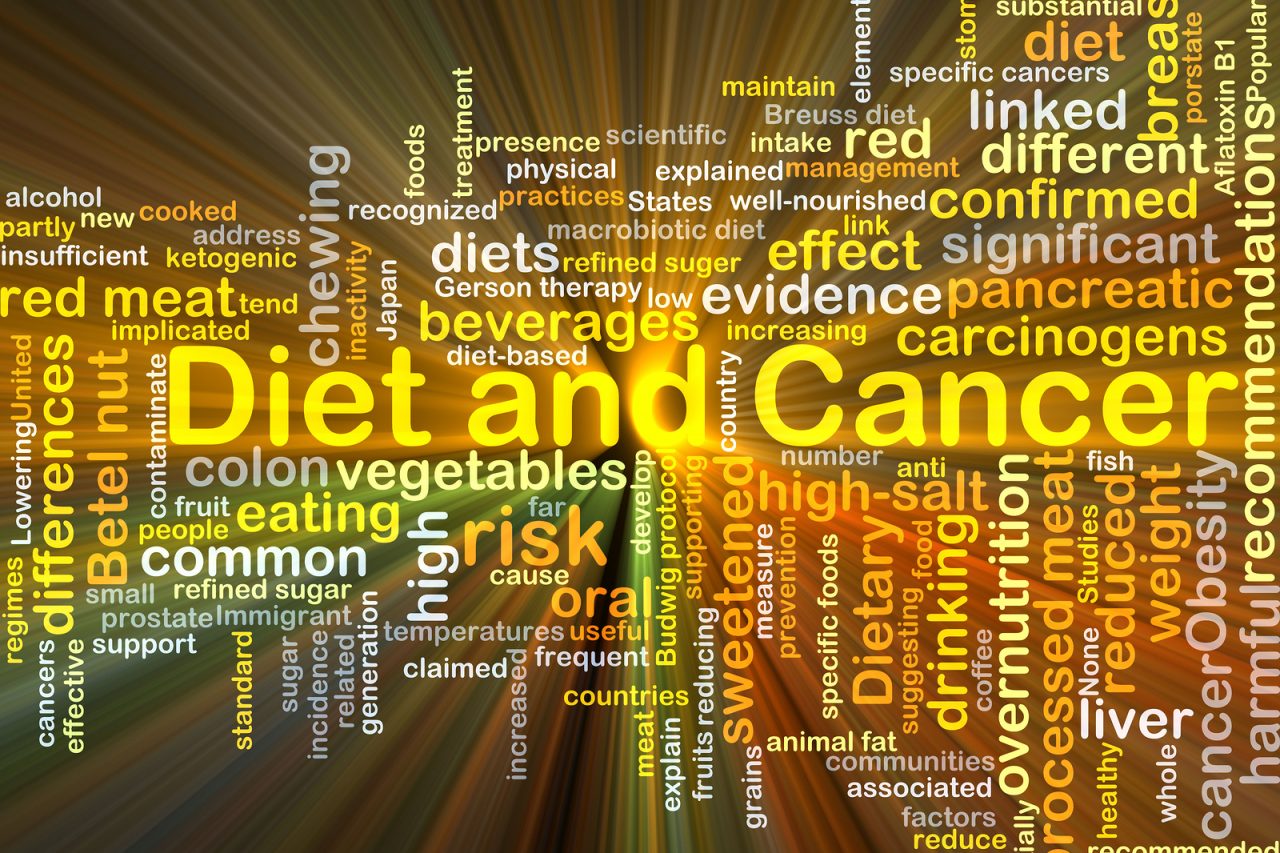A grandfather-father-husband-salesman-cook-gardener-hiker-gentleman, adored by many, is struck down by cancer. His disease is particularly horrible, spreading quickly though his body causing damage not only to bone and organ, but to sinew and nerve. He suffers terrible pain for weeks, relieved poorly with inadequate doses of inferior medications, thrashing in misery witnessed by his kin, always at the bedside, ages seven to seventy. Finally, uncomfortable and agitated until the end, he dies. Does his pain continue after death?
Pain that is not relieved in a person’s life continues after they are gone, held as a sordid memory by loved ones. Just as we retain treasured thoughts of joy, wisdom and warmth, we preserve images of pain. Unrequited suffering contaminates memory, preventing healing, healthy grieving and closure. This pain in turn flows across our communities, touching many who may never have met the patient.
This does not have to be somatic discomfort to be treated with pain medication. Shortness of breath, seizures, nausea, wounds and bleeding cast intense images that last more than one lifetime. Uncontrolled anxiety or fear may contaminate a family and corrupt its fiber, as can loss of spiritual path, loneliness, or guilt. Failure to settle past wrongs or mixed intentions results in a loss of opportunity, a psychic wound that will never heal.
A poorly managed end-of-life experience can transform families for generations. I recently heard of a young man who suffered a miserable protracted death from cancer. This resulted in his wife becoming chronically depressed and isolated from her family. She committed suicide, leaving their son a life as an alcoholic and drug addict. The ripples from that one cancer spread out and, through the network of that family, caused pain for many more.
When we think of end-of-life planning, we focus on those immediate moments for the patient and family, as well we should. The opportunity to live one’s life well, even at its end, should not be denied, and must be the first goal of palliative medicine and hospice. However, we cannot overstate the need and potential to protect and even nourish future generations by treating pain of all types in patients with terminal illness, and in families sharing that passage.
There is pain after death, and I suspect it is the cause of much waste, anger and tragedy in our society. We must strive to prevent that suffering. Good things are possible, loved ones can be together, memories shared, and solid foundations laid. Patients, families, doctors and caregivers must protect and treasure even this difficult time of a person’s life, because as one life ends, others are beginning.







11 Comments